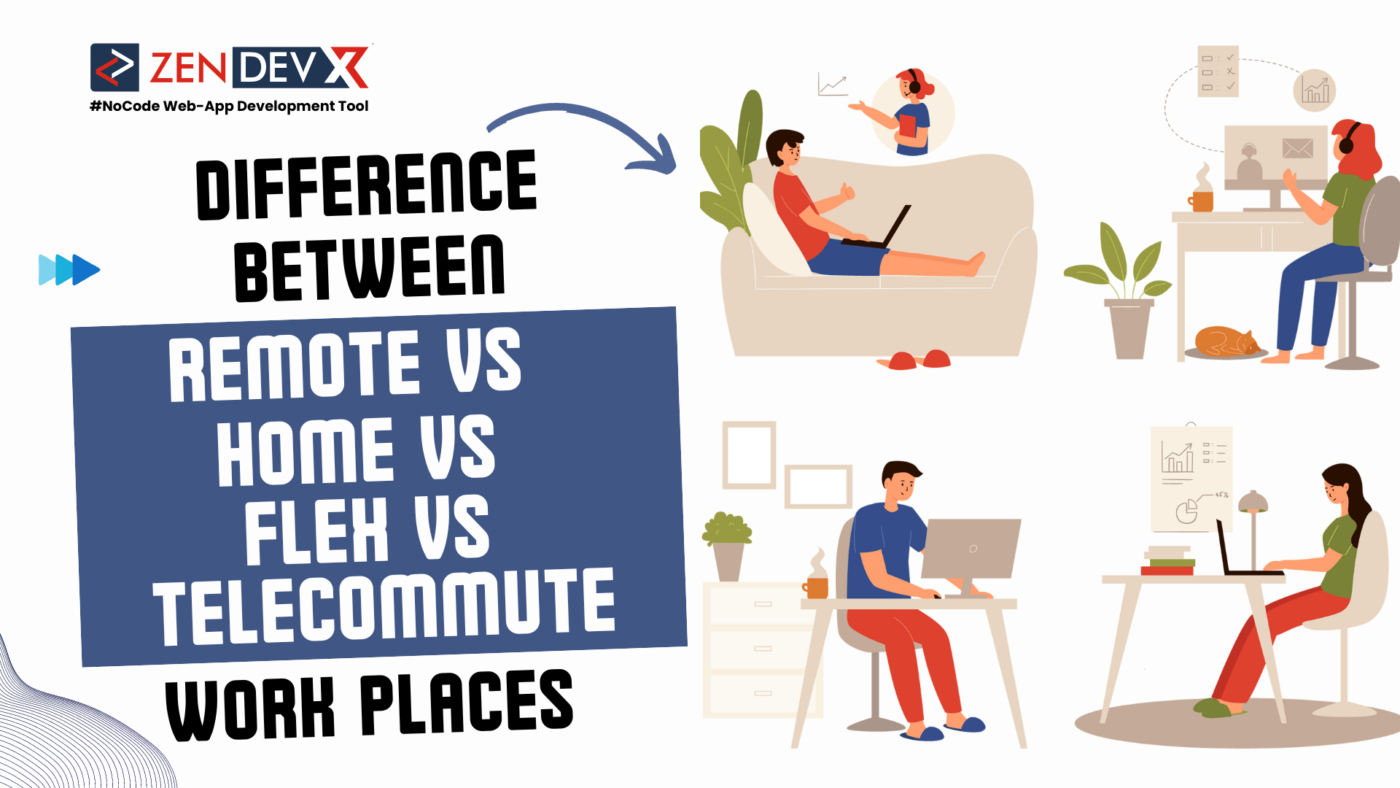Understanding Remote Work: Needed Skills and Ideas

Remote work includes completing tasks, accomplishing projects, and corresponding with team members via digital means instead of in-person office visits. Remote workers who operate from any place with a laptop and a constant internet connection can maintain productivity.
Approaches of Remote Work
-
Totally Remote Workers: Usually barely seen at the workplace, totally remote workers can work anywhere in the world.
-
Partially Remote Workers: Usually living close to the office to ease travel, partially remote workers may have to visit the office a few times a month.
Working Hours and Policies
Some companies require remote employees to work set hours even if night shifts are involved. Other companies give more latitude, stressing the completion of projects over exact working hours.
Essential Competencies for Remote Work
Remote work asks for fresh skills, expertise, and new tools. Effective remote workers must be proactive and have solid management plans if they want to stay current with team initiatives.
Establishing a Personal Workspace
Working remotely allows you to create a personal workspace appropriate for your preferences. You can design a workstation that optimizes your output independent of your desired degree of quiet or a busy surroundings.
Advantages of Remote Working :
Remote work gives many job searchers considerable benefit as well as helps companies hire and keep top performers. It decreases infrastructure costs, improves employee experience, and increases productivity.
Working from Home (WFH)
WFH: working remotely from home. This choice can be for individuals who need a few days away from the office to focus on important tasks, not only for completely remote employees. You might work from a bedroom, living room, assigned home office, or perhaps the kitchen table.
Pandemic’s Influence
Most people had to work from home since the outbreak closed public places. As lockdowns release, some might remain working remotely while others could return to the office.
Principal Advantage
Working from home generally allows one to complete tasks in a personal environment free from business travel restrictions. Those who have children also have a great opportunity to manage their responsibilities without compromising their employment.
Flexible Plans of Work :
Change from the daily nine-hour grind. Remote teams spanning many time zones often choose flexible schedules allowing staff members to create personalized work hours that fit their needs.
Adaptable Work
Flexible work enables you to choose when and how to work, therefore freeing time for other spheres of life. While remote work lets you decide “where” you work, “when” you work is something else completely.
Working from a Distance
Usually not expected to show up at the office, telecommuters have to visit sometimes for critical meetings or negotiations. Originally used by professionals in sales, marketing, and customer service, telecommuting today describes working remotely with occasional office visits.
Current Telecommuting
Instant messaging, video conferences, and other tools allow telecommuters to keep in touch with colleagues at their offices. This arrangement enhances teamwork and communication even as output is being optimized.
Plan of Design for Remote Work :
Remote work could mean numerous things depending on the company. The perfect plan might be telecommuting, working from home, and shared flexible hours. Review your corporate culture and business needs to design a fit remote work schedule for your staff.
Key Skills for Effective Distance Work
-
Teamwork: Especially when collaborating with colleagues across several countries and time zones, teamwork is quite essential. Two quite important factors are building trust and consistent check-ins.
-
Excellent Communication: Communication is unambiguous, straightforward, and brief. Asynchronous communication enables everyone to join based on their availability.
-
Adaptability: Remote workers have to learn new team members, technology, changing conditions, and maintaining a work-life balance.
-
Cooperation: Good cooperation requires understanding multiple points of view, respect, communication, and conflict management.
-
Self-Motivation: Remote workers have to be self-driven and capable of creating and accomplishing their own goals free from constant monitoring.
Remote Employment: The Future
More people working outside of the office will define the society following the epidemic. Companies will seek those who can operate professionally, successfully, and profitably from great distances. Employees have to adapt to the times and pick the talents needed for successful remote work.


